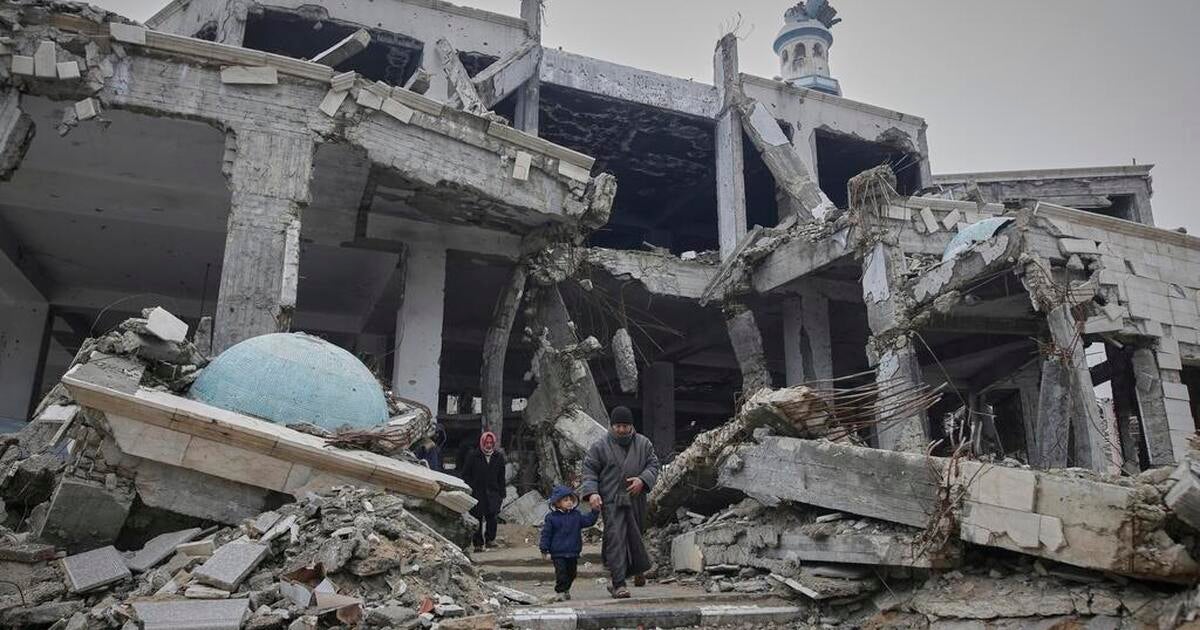Key takeaways:
- An Israeli air strike in northern Gaza has strained the fragile ceasefire with Hamas, as it targeted operatives allegedly planting explosives near IDF troops, just before scheduled negotiations in Doha.
- Hamas aims to advance to the second phase of the ceasefire, involving the release of remaining hostages, Israeli troop withdrawal, and lasting peace, following the initial phase that saw 25 hostages released.
- Israel demands the release of half of the remaining hostages for a long-term truce, while cutting off electricity to Gaza, affecting desalination plants; the upcoming Doha talks are crucial for extending the ceasefire and achieving enduring peace.
In recent developments concerning the ongoing conflict between Israel and Hamas, tensions have resurfaced with an Israeli air strike in northern Gaza on Sunday. This action has put the fragile ceasefire, which began in mid-January, under strain. The Israeli military stated that the air strike targeted Hamas operatives who were allegedly attempting to plant an explosive device near Israeli Defense Forces (IDF) troops. This incident occurred just before new negotiations were scheduled to take place in Doha on Monday, aimed at discussing the future of the ceasefire.
Hamas has expressed a desire to move forward with negotiations on the more challenging second phase of the ceasefire. This phase would involve the release of remaining hostages held in Gaza, the withdrawal of Israeli forces, and the establishment of a lasting peace. The first phase of the ceasefire had resulted in the release of 25 hostages, providing a temporary halt to Israel’s military campaign in Gaza, which was initiated following Hamas’s attack on southern Israel on October 7, 2023.
As the talks in Doha approach, Israel has made it clear that it seeks the release of half of the remaining hostages as a condition for negotiating a long-term truce. In a related development, Israel has announced the cessation of its electricity supply to Gaza, a move that could have significant implications for the region. The electricity cut-off affects Gaza’s desalination plants, which are crucial for providing drinking water to the territory.
The situation remains complex, with both sides holding firm on their demands. The outcome of the upcoming negotiations in Doha will be pivotal in determining whether the ceasefire can be extended and if a path towards a more enduring peace can be established. The international community continues to watch closely as these talks unfold, hoping for a resolution that will bring stability to the region.



Be First to Comment